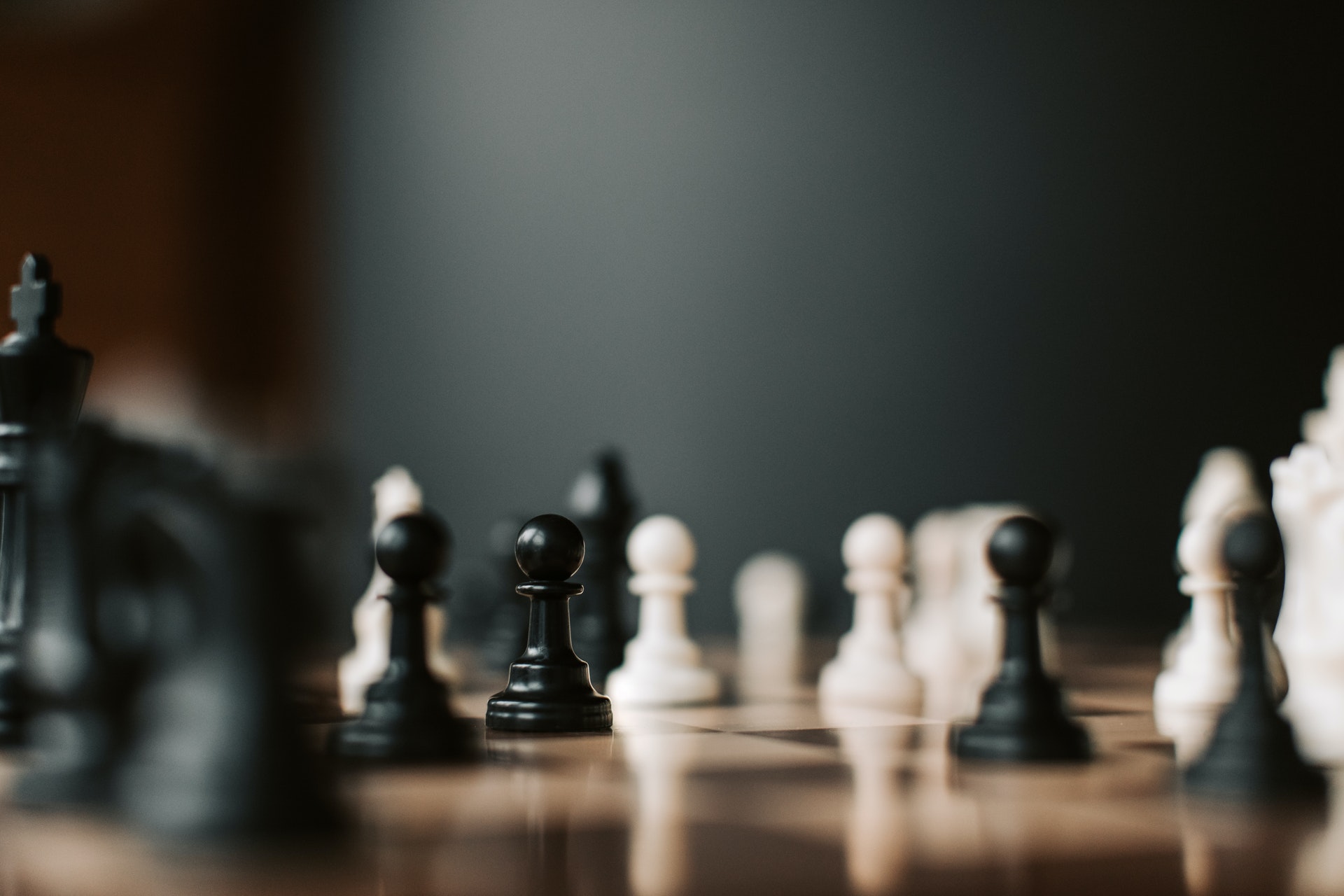Today, we’ll delve a little deeper into this subject. We’ll go over the most prevalent faults that chess players of various abilities have.
1. Make a calculation
For many chess players, calculation skill appears to be a major issue. This comprises both detailed calculations of the major lines and the exploration of side lines for a specific variant, as well as the identification of possible moves.
That talent is particularly difficult to improve since there are no manuals available that explain how to progress from being able to calculate three moves ahead to five or seven steps ahead. There are strategies that can assist you in accomplishing this.
One way, for example, is to solve tactical puzzles in your brain without moving the pieces. The second strategy involves assessing practice postures and deriving judgments about the final position.
For novice chess player the best way to improve their game would be to study chess openings for begginers.
2. Evaluating the opponent’s counter-play correctly
Another typical fault that many chess players of various elo levels have is this. They become so engrossed in their own plans and ideas that they fail to notice the opponent’s response, which frequently undermines the strategy.
It is critical to be able to put yourself in your opponent’s shoes and choose how you would move in that situation. Your aim is to identify the most inconvenient action for you and try to prevent it from being executed. Never assume that your opponent will not make the best move possible. That’s a dangerous strategy that will lose you a lot of games if you start playing against more experienced opponents.
3. Playing defense
It is well knowledge that playing defense in chess is far more difficult than attacking. If you want to win the game, you must be able to calculate deeper than your opponent, predict all of his threats, and outwit him. When you consider the pressure that comes with passive situations, as well as the increased penalty of making a mistake, it’s easy to see why so few players are able to save inferior positions.
How do you put your defensive talents to the test? The only way to do so is to examine the defensive play of superior chess players, consider why certain movements were made, put yourself in their place, and try to solve their dilemma (aka active learning). Then you may take it a step further by competing against your training partner or handicapped engines in weaker positions.

4. Positional awareness
One of the most underappreciated and hardest chess abilities to master is this. Positional comprehension entails a lot more than simple math skills. It is a chess player’s entire perspective that allows him or her to comprehend in great detail what is going on in a position that lacks a clear tactical theme.
Positional knowledge is intertwined with game strategy, which is driven by positional considerations. Most under 2000 rated chess players lack adequate positional comprehension and must devote a significant amount of effort to improving in this area.
That is a difficult and grueling job, so don’t be concerned. We can help you by supplying you with 21 extremely instructional, well analyzed, and well-annotated games that will teach you positional chess step-by-step over the course of three weeks.
5. Strategies
I’ve said it before and I’ll say it again: tactics is the most crucial skill to improve on for all chess players under 2200. It appears to be one of the most basic aspects of chess to improve. Simply identify and resolve tactical issues. It isn’t entirely accurate.
First and first, it is critical to understand the types of methods that must be resolved. To be able to develop in all phases of the game, you must combine actual game tactics, compositions, and endgame studies. What’s more essential is to work on these topics on a regular basis. Few players are capable of doing so on their own. They require the assistance of a chess coach or the completion of a suitable training course.
6. Chess Intuition
Chess intuition is the ability to determine the best move in a complicated situation without using traditional methods of assessment and calculation. Wouldn’t it be great if you could do that all the time instead of having to learn how to judge chess positions? Unfortunately, this is not the case.
You can only rely on your intuition to take a shortcut after acquiring the essentials of positional assessment and computation abilities. Many chess players face the dilemma of depending too much on their underdeveloped intuition without double-checking the lines with analysis and raw computation. It’s a simple technique to lose games in this manner.

7. Game preparations
The ability to plan the game is intimately linked to positional comprehension. For one and only one reason, many new chess players struggle to discover the best middle game strategy. They don’t have a good enough understanding of what’s going on in the position to come up with a decent plan.
As a result, in order to devise a strategy, a player must have a thorough understanding of the situation. The solution is to improve positional comprehension through training.
8. There is a problem with time
Even if you’re the full queen up, time issues might cause you to lose the game right away. A chess player must learn how to use his or her time properly in order to avoid running out of time.
9. Preparation for the opening
Opening preparation is undeniably vital in chess. It becomes more important at higher levels of the game, as every pace and minor flaw counts. A solid beginning preparation for amateur players implies that they can attain a more or less equal position.
You must solve difficulties on a regular basis to become skilled at finding strategies such as forks, smothered mates, checkmates, pins, and skewers. Consistency is essential if you want to make meaningful progress. Sure, you can miss a day or two now and again, but the goal is to focus on strategies for at least 20 minutes every day.
Once you’ve done that, add positional training, endgames training, and offensive training to the mix, and your success will almost certainly be assured! Things might be a little perplexing at times, but don’t worry, we’ve done our best to make learning chess as simple as possible.





